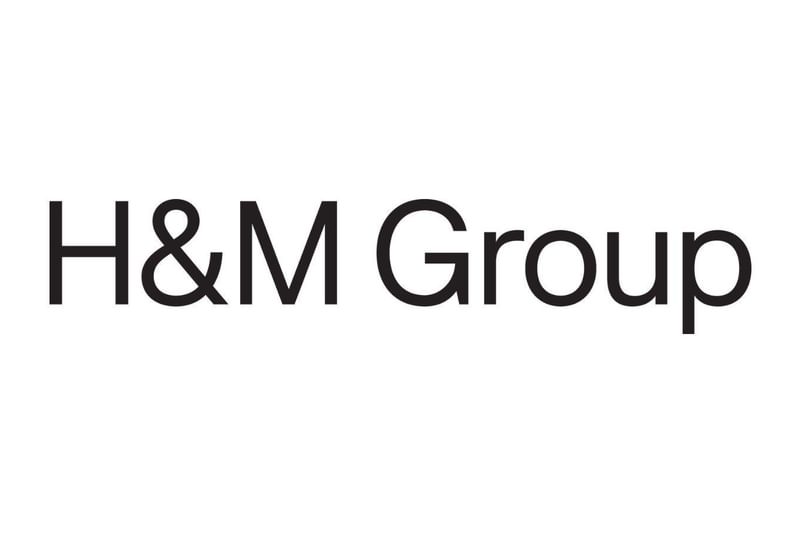
Momentum, growth and collaboration: SBTi's third annual progress report
May 12th 2022
The SBTi has launched its third annual assessment of its progress: 'Scaling Urgent Corporate Climate Action Worldwide'. CEO Luiz Amaral reflects on the initiative's impact, and lays out the path ahead.
I am pleased to present the SBTi’s 2021 Progress Report. I joined the SBTi at a pivotal time in the fight against climate change and the SBTi’s growth. After my first few months, I find myself in awe of the progress achieved, and facing a perfect storm of challenges ahead: The increasing urgency of the global climate crisis; ongoing uncertainty caused by COVID-19; and conflict, particularly the Russian invasion of Ukraine, causing misery and increased uncertainty worldwide.
In the face of these huge challenges, I call on government officials, NGOs, and businesses to unite behind driving urgent climate action aligned with 1.5°C. The latest Intergovernmental Panel on Climate Change (IPCC) reports are all too clear: We’re already experiencing the devastating impacts of climate change and continuing the current trajectory equals catastrophe. At this critical time, we cannot let ourselves be divided. We must work, through collaboration, healthy debate and scientific research, to achieve the pace and scale of emissions reductions we desperately need.
The value of science-based targets
It is part of the SBTi’s DNA to foster that collaboration, which is fundamental to our work and the development of our robust methods and guidelines. We also fulfill the role of standard and quality assurer, driving corporate ambition from simply doing something to tackle climate change to doing enough in line with the Glasgow Climate Pact, the Paris Agreement and best-in-class science. Our 2021 progress report clearly demonstrates that the SBTi is more needed and valued than ever. Our work is going mainstream – companies with approved science-based targets and commitments now cover more than a third of the global market capitalization. And our impact is demonstrated. In 2020, COVID-19 caused the global economy to reduce emissions by 5%, whereas companies with science-based targets cut emissions by 12%. This is more than what’s needed to meet the Paris Agreement and Glasgow Climate Pact; according to the UN Environment Programme, the global economy must cut emissions by 7.6% every year between 2020-2030 to achieve 1.5°C.
We want to continue improving our methods for measuring impact in future reports, but the numbers demonstrate that science-based targets are delivering the real-world emissions reductions we need. In 2021, the SBTi High Impact Sample – which represents the largest companies by market capitalization and emissions worldwide – reached a critical mass, surpassing the threshold with more than a quarter (27%) setting science-based targets. However, we still lack representation globally – with the vast majority headquartered in Europe and North America – and in particular sectors. Now, to achieve our mission, we must rapidly scale across every geography and sector, especially in high-emitting sectors and emerging markets.
From start-up to scale-up
To drive the exponential growth of science-based targets worldwide, we are transitioning the SBTi from a successful start-up into a consolidated organization by evolving our governance, technical structure and operational efficiencies. We are also continuing to work with partner initiatives to develop sector specific guidance, facilitating science-based target adoption in different parts of the economy. The first years of the SBTi successfully expanded science-based targets from conception to adoption by many. Our goal now is to make net-zero, 1.5°C-aligned science-based targets ‘business as usual’ for companies worldwide. Evolving our technical governance and operational efficiency, in line with best practice for standard-setting bodies, and further increasing our scientific rigor and sectoral guidelines, are essential to ensure increased growth and impact. I look forward to working with our Board, leadership, the fantastic SBTi team, partners and others to deliver increased corporate climate action globally.



